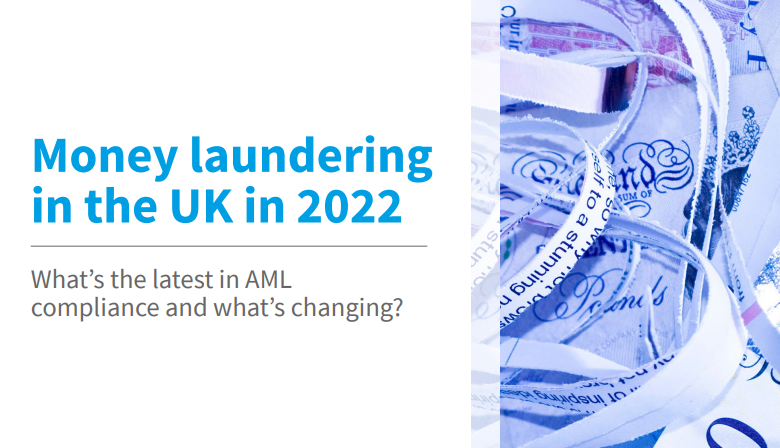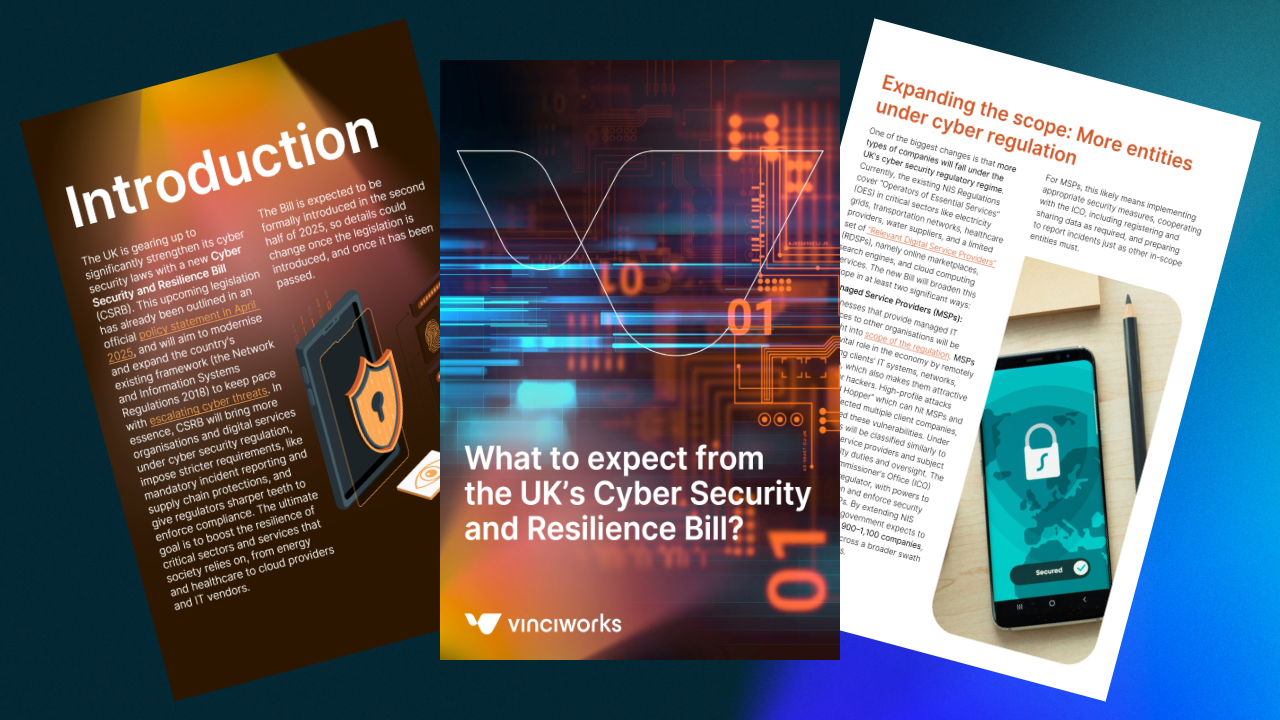The Russian invasion of Ukraine, which began in February 2022, crystalised the role of anti-money laundering in the fight against Russian aggression. Sanctions compliance may have been at the forefront of international efforts to constrain the Russian economy, but money laundering is the vital, long-term compliance programme to ensure those sanctions stick.
Efforts by sanctioned entities or individuals to circumvent legal restrictions or find other ways to use frozen assets, shifts from the realm of sanctions to money laundering. Breaching sanctions is an offence, and thus any funds or economic resources which are a result of breached sanctions become money laundering.
The UK has implemented a series of new and updated sanctions, money laundering, and wider economic crime legislation in recent years. These updates are partly due to the legislative impetus of Brexit, where the UK has been required to develop its own AML and sanctions regime, separate from the European Unions.
VinciWorks has created a new guide to help businesses understand money laundering in the UK in 2022, including what’s new in AML compliance, and what’s changing. The in-depth, comprehensive guide, contains explanations and guidance on the following topics:
- Current UK laws on money laundering
- Case study of an MLR breach
- A review of money laundering regulations
- Amendments to UK MLRs
- Clarificatory changes that have been made to strengthen supervision
- Suspicious Activity Reports
- Expanded requirements made to strengthen the regime
- Information sharing and gathering
- Transfer of cryptoassets
- Additional changes to the regulations
- Other money laundering issues the government reviewed
Each of these topics is clarified and explained in the guide, alongside real-life case studies and guidance.
Click the button below to access this helpful resource for free.













